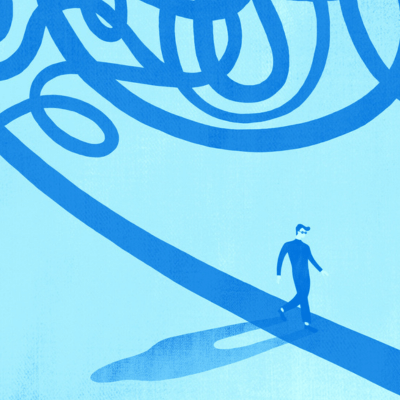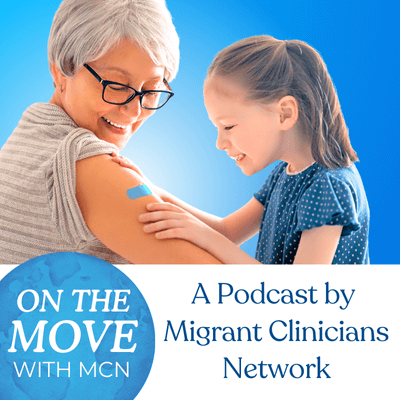Five on Friday: The End of the COVID-19 Public Health Emergency

Friday is here, and it is a unique one. The public health emergency declaration that started on March 1st, 2020, ended last night. This, of course, does not mean the pandemic is over, but it does mean that there will be far fewer resources focused on fighting the ongoing public health concern of COVID-19.
![]()
The public health emergency has ended, but there are still lasting provisions that expire later. Claire sent in a timeline that KFF put together showing what has ended and what people can still count on. Timeline of End Dates for Key Health-Related Flexibilities Provided Through COVID-19 Emergency Declarations, Legislation, and Administrative Actions | KFF
![]()
Amy sent in an opinion piece by Ken Light featuring his photography that documents the hardships of child labor. Opinion | Ken Light: Photographing child workers helped change the law - The Washington Post
![]()
Kaethe celebrated Caitlin Dickerson, who won a Pulitzer Prize in Journalism for her deep dive into the history of family separation at the southern border. She sent us an interview with Dickerson on her process writing the story. How One Journalist Unearthed the Secret History of Family Separation - Nieman Reports
![]()
For years, the typical public health advice was that screening for breast cancer should start at 50 for everyone. Karen sent in an article that illustrates how dangerous that one-size-fits-all idea can be. Black women are more likely to die from breast cancer in their 40s, and waiting to screen until 50 puts them at higher risk. Breast Cancer Screening Advice 'Dangerous' for Black Women (medscape.com)
![]()
Weekly Win: An Amsterdam University Medical Centers–led study found that therapy provided some relief to long-COVID patients. Cognitive behavioral therapy reduces severe fatigue in long-COVID patients
![]()
Have a safe and healthy weekend!
- Log in to post comments










